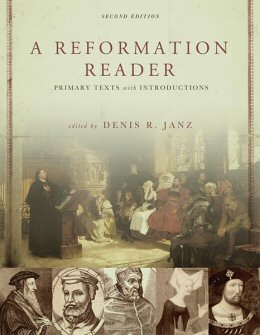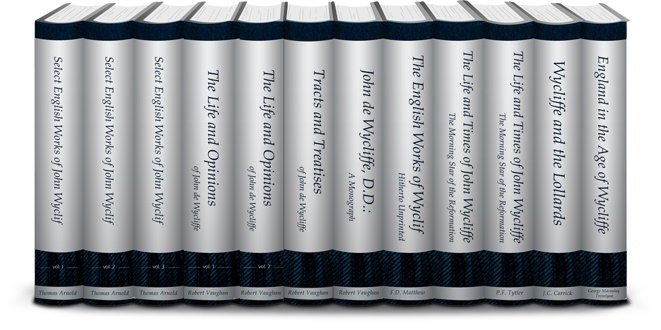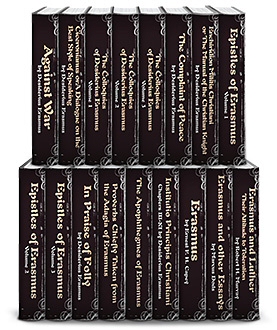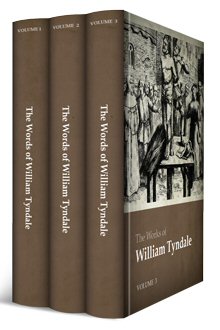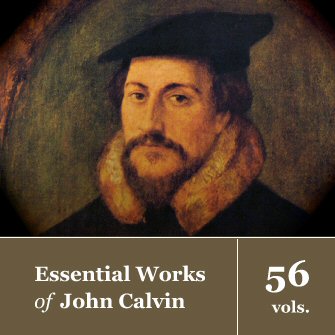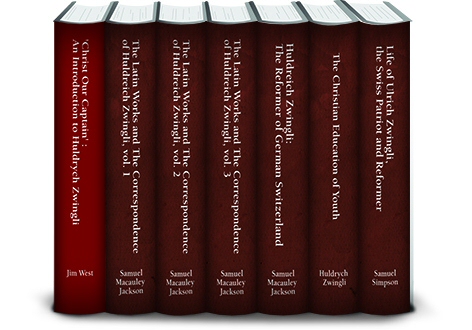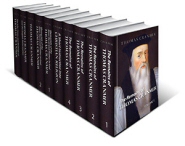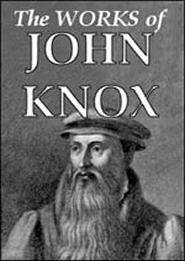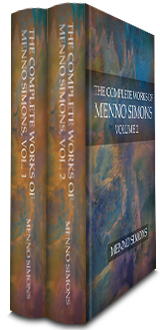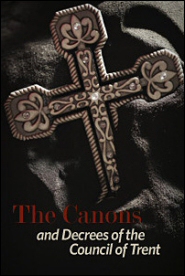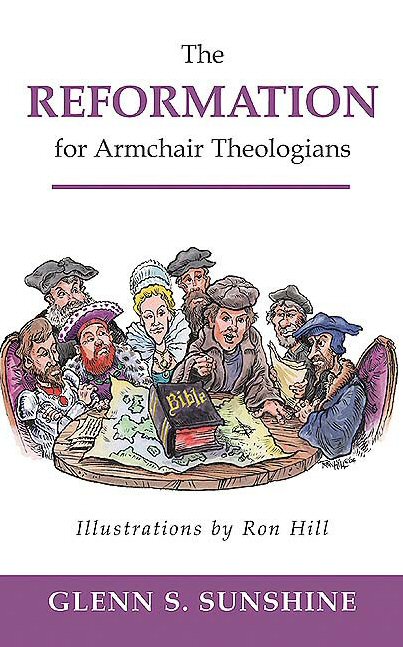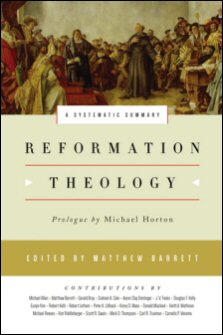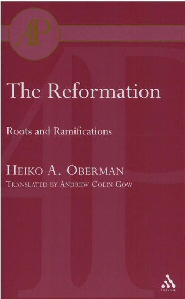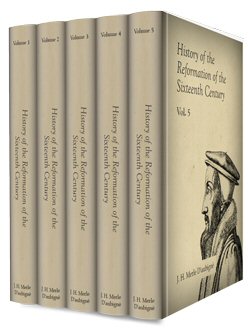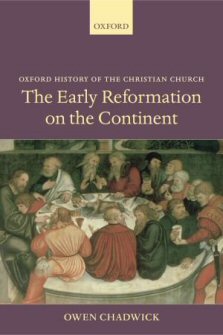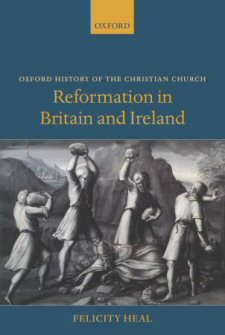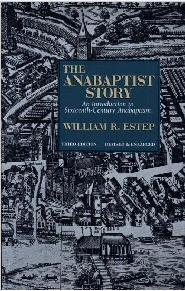Reformation Product Guide
Introduction
The Reformation is one of the most important events in the history of Christianity. In 1517, Martin Luther, an unknown German monk, presented 95 theses for debate at the local church of Wittenberg. Although initially Luther critiqued Catholicism as a Catholic, a papal bull excommunicating him from the Catholic Church forced him to continue his work from outside the church’s authority. From there, a series of events cascaded into the division of the church in its present day form. The history of the Reformation spans from Germany to France and parts of Italy, with strongholds in northern Europe and Great Britain. This guide serves as an introduction to important figures in Reformation history, their writings, and studies on the history and thought of the Reformation.
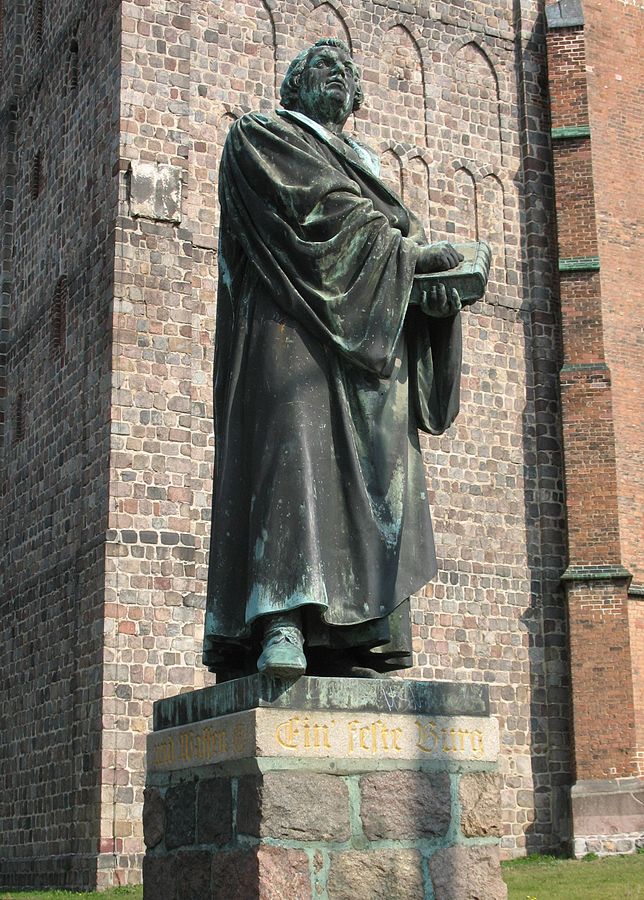
Introductions
In addition to primary sources, there are a number of outstanding introductions to the Reformation to help you understand the context of this major event in world history. Here are a few that should be included in your library:
The Reformation for Armchair Theologians
This accessible narrative story of the Reformation is a good introduction to its overarching narrative and key personalities. The chapters of the book are suitable for use in church adult education settings to provide a solid grounding in the history of the Reformation and its leading ideas. Questions for discussion and suggestions for further reading provided for each chapter make this book great for group study. While not recommended for academic purposes, this volume serves as a quick overview of the events of the Reformation.
Buy now Learn moreReformation Theology: A Systematic Summary
In this resource, Matthew Barrett has brought together a team of expert theologians and historians writing on key doctrines taught and defended by the Reformers centuries ago. With contributions from Michael Horton, Gerald Bray, Michael Reeves, Carl Trueman, Robert Kolb, and many others, this volume serves as an in-depth introduction to various topics in Reformation history and theology, including free will vs. determinism, justification, the Trinity, sola scriptura, and more.
Buy now Learn moreHelpful Studies
In addition to the writings of Reformation pastors and teachers, there are a number of resources that are essential for any serious student of the Reformation. Here are a few that should be included in your library:
The Reformation: Roots and Ramifications
Heiko A. Oberman traces threads of continuity flowing to and from the Reformation. He describes a model of three long-term “Reformations” that can also be seen as revolutions; the Conciliar Reformation, the City Reformation and the Calvinist Reformation of the Refugees. The often denied and generally misunderstood “continuities” between theological directions of the later Middle Ages, the theological reformation of the early sixteenth century and subsequent developments are constantly illuminated.
Buy now Learn moreHistory of the Reformation of the Sixteenth Century (5 vols.)
Jean Henri Merle d’Aubigne’s History of the Reformation of the Sixteenth Century is a thorough overview of the events of the Reformation. In five volumes, d’Aubigne provides context for the Reformation during the sixteenth century as it spread across Europe and changed beliefs around the world. D’Aubigne covers the German, Swiss, French, and English Reformations that took place over the course of the 16th century. While an older volume, d’Aubigne’s breadth of coverage make it an essential work in Reformation studies.
Buy now Learn moreThe Early Reformation on the Continent
The Early Reformation on the Continent offers a fresh look at the formative years of the European reformation and the origins of Protestant faith and practice. Taking into account recent work on Erasmus and Luther, Owen Chadwick handles these and numerous other figures with sensitivity and understanding. Emphasis on the context provides a balanced view of the raison d'être for the changes the reforming communities sought to introduce and the difficulties and disagreements that followed.
Buy now Learn moreReformation in Britain and Ireland
The study of the Reformation in England, Wales, Ireland, and Scotland has usually been treated by historians as a series of discrete national stories. Reformation in Britain and Ireland draws upon the growing genre of writing about British history to construct an innovative narrative of religious change in the four nations. Heal argues that political calculations did the most to determine the success or failure of reformation, though the ideological commitment of a clerical elite was also of central significance.
Buy now Learn moreThe Anabaptist Story: An Introduction to Sixteenth-Century Anabaptism
This standard introduction to the history of Anabaptism offers a vivid chronicle of the rise and spread of this vigorous Christian group. Estep provides a historical review of each Anabaptist leader’s influence and discusses their positions on such doctrines as infant baptism, the Trinity, pacifism, the swearing of oaths and civil authority. This new edition takes into accounts recent developments in the study of Anabaptist history and Reformation studies.
Buy now Learn more